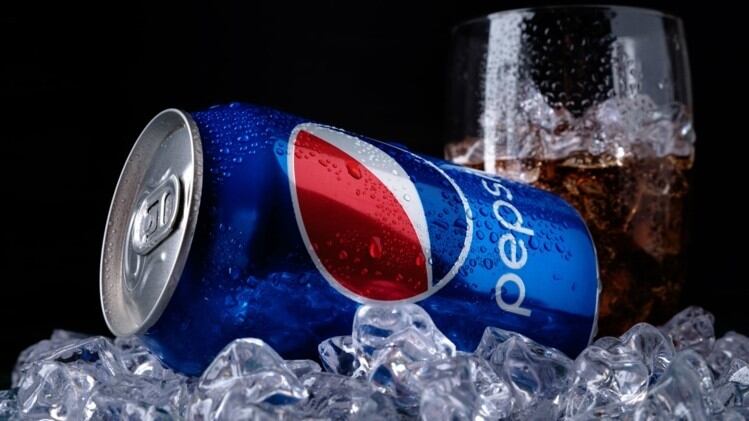The investment is expected to go into the establishment of a ‘greenfield snacks manufacturing plant’ in the northern Indian state of Uttar Pradesh over the course of three years.
“As we look to double our snacks business over the next few years, we intend to invest approximately INR5.14bn to expand our footprint in Uttar Pradesh, [as] we have a long relationship with the people of Uttar Pradesh,” said PepsiCo India President and CEO Ahmed ElSheikh in a statement to FoodNavigator-Asia.
“Agriculture is at the heart of PepsiCo and our farmer friends are the backbone of our business, [so] we will look forward to a fruitful association that will not only help create jobs and enable ancillary industries, but also ensure the socio-economic progress of potato farmers in the state.
“PepsiCo’s new facility, once finalised, will act as a hub to address the growing demand for our well-loved snacks products amongst consumers in the state and beyond.”
In addition, PepsiCo India plans to expand its backward integration efforts with local farmers and further support them with ‘agricultural best practices’.
“To enable the supply chain, [we] will set up a cold storage facility and this would also give an impetus to the development of ancillary and other support industries in the state,” it added.
The company runs a collaborative farming programme in the country dubbed the Sustainable Farming Programme, which has a strong focus on potatoes as all the potatoes used in the Lay’s and Uncle Chipps snack brands are sourced locally.
“While PepsiCo is an international company, we operate like a local business in the countries where we work. This means hiring local people, sourcing local ingredients, and manufacturing our food and beverages locally where possible,” PepsiCo Head of Agriculture, Asia, Middle East and North Africa, Nishchint Bhatia told us.
“By sourcing locally, we support local farmers and local industries; and help to create jobs and improve the livelihoods of communities.
“It also makes good business sense. It is often cost-effective, reduces environmental impacts associated with transport, and raw produce is fresher due to shorter transport times.”
More on PepsiCo India’s farmer partnership
According to PepsiCo India, its farmer partnership model extends across nine local states and has helped farmers with ‘providing new varieties, technologies and sustainable farming practices’.
“Pepsico makes In India For India,” said the company via its website.
“[We make] 100% of our products in 62 Beverage and Food plants across India, over 65% of Tropicana’s requirement for fruit pulp is sourced from Indian orchards, 100% of the potatoes for Lay’s and Uncle Chipps is from India, and we also source corn for our Doritos range of snacks from Bihar.”
The Tropicana range of fruit juices comprises various flavours, and of these five types are 100% sourced locally in India: Guave, Banana, Mosambi (sweet lemon), Mango and Pomegranate.
The company is also working to develop what it calls a ‘citrus ecosystem’ in the state of Maharashtra by investing in a citrus processing facility as well as helping citrus farmers to improve productivity.
“Given that India does not have processing capacity and hence packaged juice grade varieties of lime/lemon, we [invested in this citrus-processing facility] together with a local partner - Citrus Processing India Limited (CPIL),” said PepsiCo India.
PepsiCo India potato row
In its partnership with potato farmers, PepsiCo India claimed that its ‘360 degree farmer connect programme’ has helped to improve incomes via measures such as assured buy-back of produce, pre-agreed prices, technical know-how, soft loans, insurance and supplying high-quality planting material such as proprietary seed varieties.
However, earlier this year the company found itself embroiled in a dramatic situation when it attempted to take four local farmers to court for allegedly planting its patented potatoes.
This move attracted fury from the local farming community and activist groups, some of which even demanded that the government step in to ‘protect India’s food sovereignity’ as well as threatened full out boycotts of PepsiCo products.
“[PepsiCo] was compelled to take the judicial recourse as a last resort to safeguard the larger interest of thousands of farmers that are engaged with [our] collaborative potato farming programme,” a PepsiCo spokesman told FoodNavigator-Asia at the time.
“The company has already proposed to amicably settle with people who were unlawfully using [potato] seeds of [the] registered variety.”
Even after offering the amicable settlement, the furore raged on, which resulted in PepsiCo India having to eventually withdraw the lawsuit.


